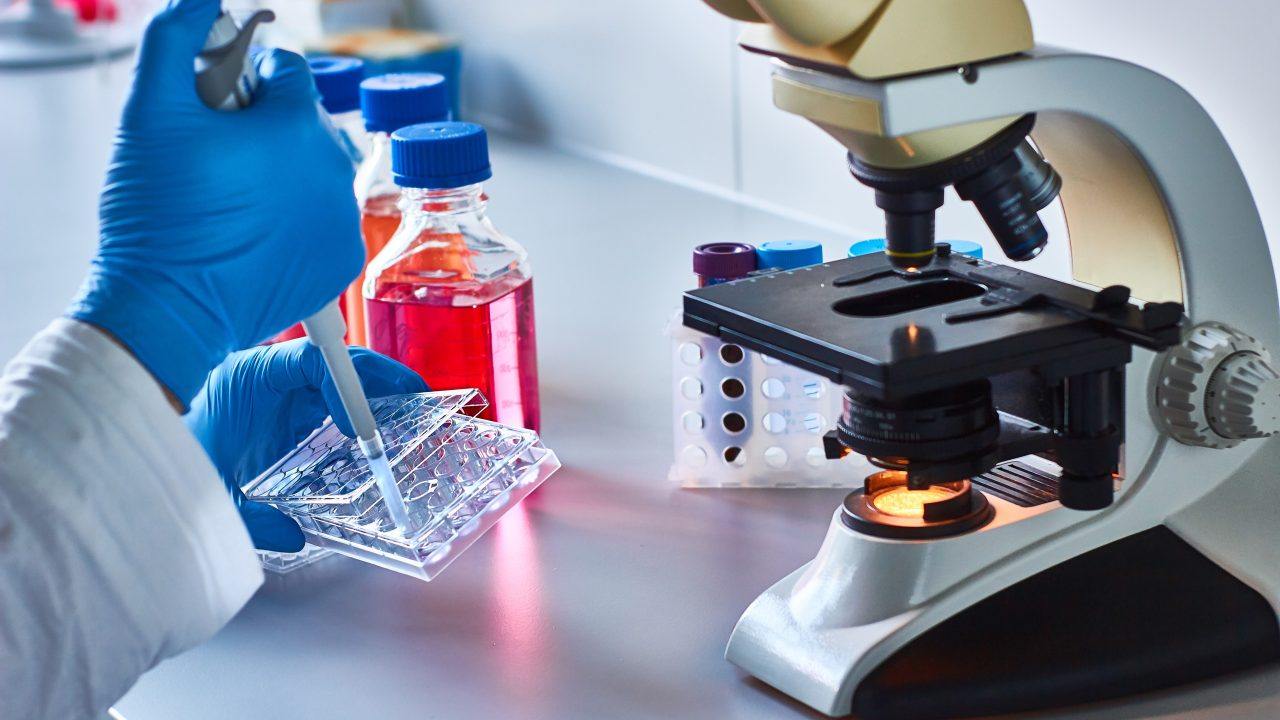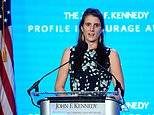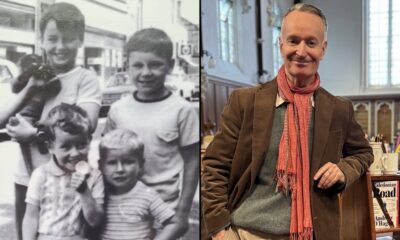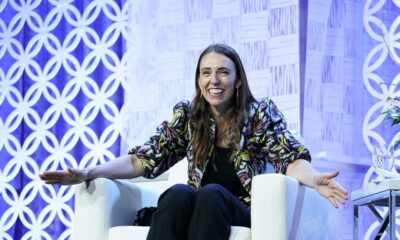Science
Glasgow Scientists Develop Groundbreaking Lab-Grown Bone Marrow

Scientists at the University of Glasgow have achieved a significant milestone by creating the first bioengineered bone marrow model, which is set to enhance cancer research methodologies. This innovative model allows for a more accurate study of cancer therapies, particularly in the context of blood cancers, and could reduce the reliance on animal testing in the development of new treatments.
The primary focus of this research is on CAR T-cell therapy, a promising treatment that has shown effectiveness for certain blood cancers but remains challenging to implement safely for patients with acute myeloid leukaemia (AML). AML is the most common form of leukaemia in adults, and traditional testing methods have often depended on animal models, which can lead to unreliable results due to the rapid deterioration of bone marrow stem cells outside the human body.
To address this issue, the Glasgow team combined human cells with hydrogels—jelly-like substances—to replicate the complex architecture of bone marrow within a laboratory setting. By introducing leukaemic stem cells into this engineered model, the researchers were able to evaluate the effectiveness of CAR T-cell therapy more accurately.
The findings from this study revealed critical flaws in existing pre-clinical testing methods. For instance, conventional approaches using cells in petri dishes often overestimated the efficacy of CAR T-cells while neglecting to predict harmful effects on healthy cells. In contrast, the newly developed bone marrow model provided a clearer understanding of both the potential benefits and risks associated with the therapy.
Dr. Hannah Donnelly, a lead author of the study and research fellow at the University of Glasgow, emphasized the importance of this innovation. “There is a major translational gap in cell therapy development,” she stated. “Conventional, over-simplified testing methods often fail to predict how therapies will behave in humans. This gap leads to high failure rates in clinical trials, driving up costs and delaying treatments for patients.”
The research indicates that using human cells along with hydrogels can allow for earlier assessments of both treatment efficacy and off-target effects, well before therapies enter the costly clinical trial phase. Dr. Donnelly noted, “Our results highlight the potential of non-animal technologies for studying and developing new leukaemia therapies. This approach could reduce reliance on animal models in drug testing over time, ultimately paving the way for more efficient and effective development of therapies for patients.”
Looking ahead, this breakthrough could also facilitate future advancements by combining CAR T-cell therapy with gene-editing techniques, such as CRISPR. This combination could aim to render healthy cells “invisible” to treatments while still targeting cancerous cells, a significant hurdle in the treatment of AML.
While this technology is still in its early stages, its potential for more relevant human testing, accelerated drug development, and ultimately safer treatments for patients is promising. The University of Glasgow’s innovative approach may well revolutionize the landscape of cancer therapy development, making strides towards more effective and humane research practices.
-

 Entertainment3 months ago
Entertainment3 months agoAnn Ming Reflects on ITV’s ‘I Fought the Law’ Drama
-

 Entertainment4 months ago
Entertainment4 months agoKate Garraway Sells £2 Million Home Amid Financial Struggles
-

 Health3 months ago
Health3 months agoKatie Price Faces New Health Concerns After Cancer Symptoms Resurface
-

 Entertainment3 months ago
Entertainment3 months agoCoronation Street’s Carl Webster Faces Trouble with New Affairs
-

 Entertainment3 months ago
Entertainment3 months agoWhere is Tinder Swindler Simon Leviev? Latest Updates Revealed
-

 Entertainment4 months ago
Entertainment4 months agoMarkiplier Addresses AI Controversy During Livestream Response
-

 Science1 month ago
Science1 month agoBrian Cox Addresses Claims of Alien Probe in 3I/ATLAS Discovery
-

 Health4 months ago
Health4 months agoCarol Vorderman Reflects on Health Scare and Family Support
-

 World2 weeks ago
World2 weeks agoBailey Announces Heartbreaking Split from Rebecca After Reunion
-

 Entertainment4 months ago
Entertainment4 months agoKim Cattrall Posts Cryptic Message After HBO’s Sequel Cancellation
-

 Entertainment3 months ago
Entertainment3 months agoOlivia Attwood Opens Up About Fallout with Former Best Friend
-

 Entertainment2 weeks ago
Entertainment2 weeks agoCoronation Street Fans React as Todd Faces Heartbreaking Choice





















